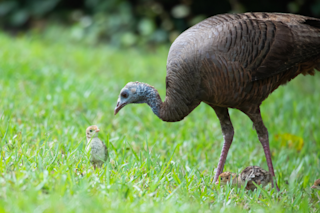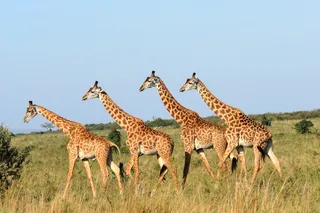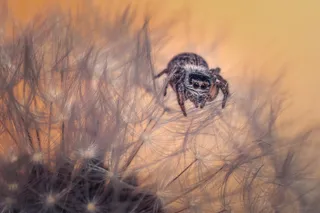If you’re like most people, you don’t think about turkeys much until one shows up trussed and roasted on your Thanksgiving table. But turkeys are interesting animals. Wild ones, big as they are, spend their nights roosting in trees. They have excellent vision and can see in color. You can tell their gender from their poop (male turkey droppings are J-shaped). One of their neatest tricks, however, is that they’re capable of parthenogenesis.
Parthenogenesis literally means “virgin birth,” but it has nothing to do with the common conception of virginity — birds that have previously mated can do it too. Instead, it has everything to do with reproducing without sex. Parthenogenesis is the development of viable offspring from unfertilized eggs, no sperm necessary.
It occurs less commonly in complex organisms than in simple ones — like wasps, bees and ants — but parthenogenesis isn’t quite as rare as you might ...















